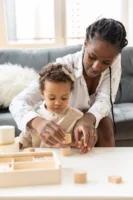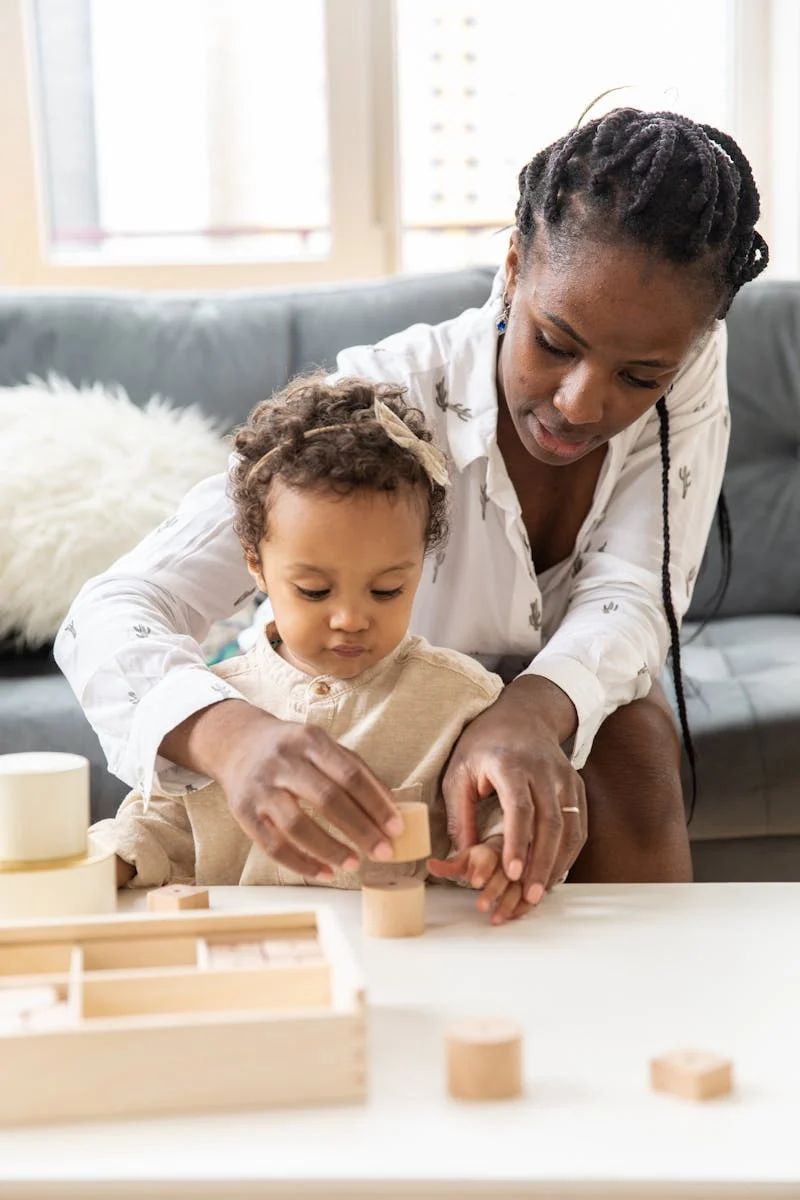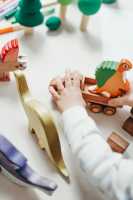 Navigating the world of sensory play can be both fun and educational for parents and children. Engaging children in simple tactile exercises not only supports their sensory experiences but also aids in their overall development. From the squishy delight of homemade slime to the soothing textures of sand art, these activities offer meaningful ways to develop the tactile system.
Incorporating activities like these into your daily routine can be especially beneficial for children requiring additional sensory input. Occupational therapy fine motor activities, such as kneading playdough or molding clay, can significantly improve their fine motor skills while providing a therapeutic, sensory-rich experience. It's important to note that such activities are not only entertaining but also essential for strengthening fine motor control and sensory integration.
By exploring various tactile exercises, parents can provide their children with valuable sensory experiences that foster growth and learning. Activities like filling a sandbox or creating DIY slime can be both enjoyable and foundational for their cognitive and physical development. These tactile activities can serve as excellent tools in a child's growth journey, combining playfulness with educational value. Please keep in mind that this is only an informative article and not medical advice; if you need further help, contact a medical expert.
Navigating the world of sensory play can be both fun and educational for parents and children. Engaging children in simple tactile exercises not only supports their sensory experiences but also aids in their overall development. From the squishy delight of homemade slime to the soothing textures of sand art, these activities offer meaningful ways to develop the tactile system.
Incorporating activities like these into your daily routine can be especially beneficial for children requiring additional sensory input. Occupational therapy fine motor activities, such as kneading playdough or molding clay, can significantly improve their fine motor skills while providing a therapeutic, sensory-rich experience. It's important to note that such activities are not only entertaining but also essential for strengthening fine motor control and sensory integration.
By exploring various tactile exercises, parents can provide their children with valuable sensory experiences that foster growth and learning. Activities like filling a sandbox or creating DIY slime can be both enjoyable and foundational for their cognitive and physical development. These tactile activities can serve as excellent tools in a child's growth journey, combining playfulness with educational value. Please keep in mind that this is only an informative article and not medical advice; if you need further help, contact a medical expert.
Key Takeaways
- Tactile exercises enhance sensory experience and overall development.
- Occupational therapy fine motor activities improve fine motor skills and sensory integration.
- Simple activities like sand art and DIY slime offer fun, beneficial playtime.


